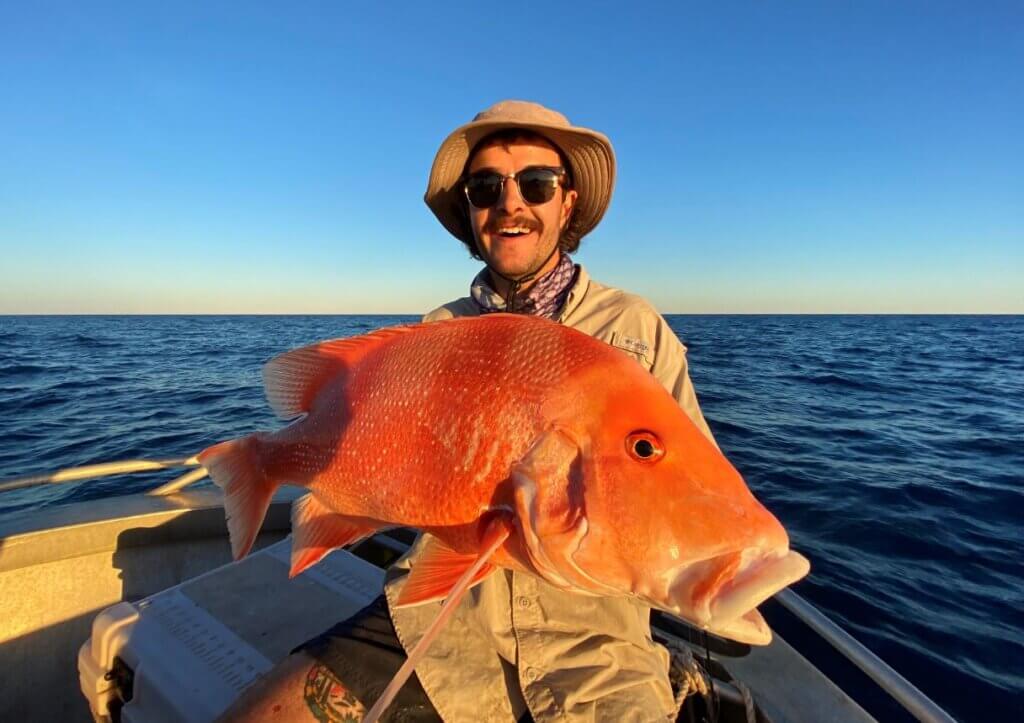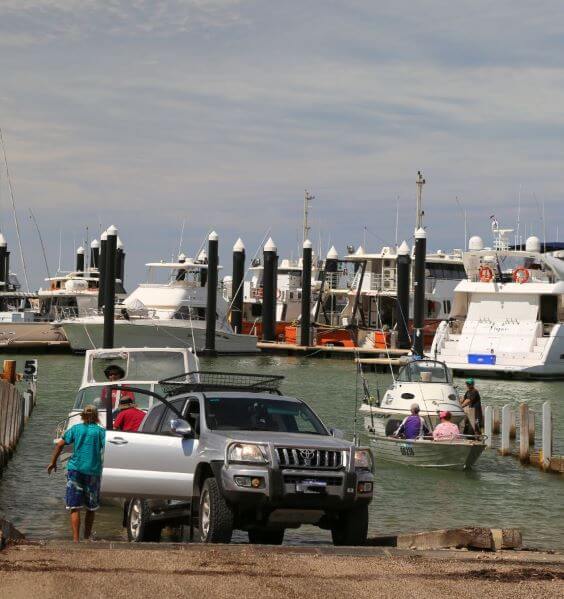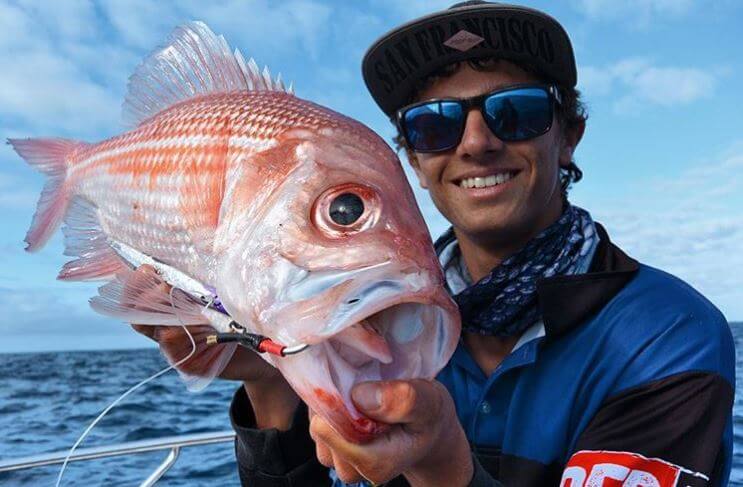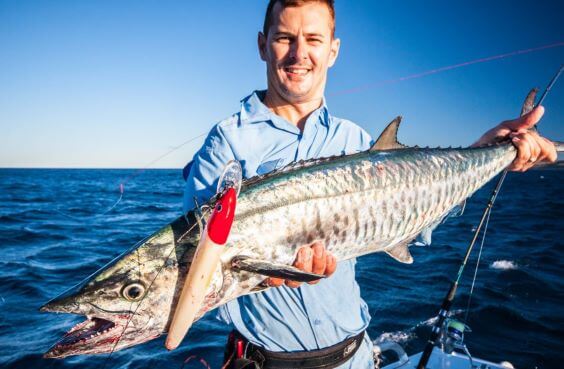During 2020, COVID-19 interstate and international travel restrictions saw many regional town centres experience an influx of domestic tourism which promoted many local fishers to contact Recfishwest concerned about the potential impact on local fish populations.
Having also been contacted by concerned community members, Fisheries Minister Peter Tinley asked Recfishwest in September last year for advice about the appropriateness of the current State-wide possession limit.

To inform our submission to the Minister, Recfishwest carried out a survey of our members and spoke to various leaders within the recreational fishing community.
“Our survey was accessed by 875 people and had a 92 per cent completion rate demonstrating the importance of this issue and I would like to thank all of you who took the time to fill out the survey for your well-articulated responses,” Recfishwest CEO Dr Andrew Rowland said.
Recfishwest provided advice to Minister Tinley in December, which can be found by clicking the link below.
Subsequently, Recfishwest has recently received correspondence from the Minister regarding its submission with Dr Rowland writing to members to provide an update.
Dr Rowland said Recfishwest’s submission to Minister Tinley reflected the feedback Recfishwest had received from the fishing community.
“The clear message from fishers was that protection of our fish stocks is best undertaken by implementing a range of measures rather than just changing the possession limit,” he said.
“These measures include addressing shark bite-offs, regional education and compliance presence and addressing the high level of latent effort within the charter sector.”
Recfishwest’s key recommendations to Minister Tinley included:
- Maintaining the current possession limit at a person’s principal place of residence and establish a “trip limit” to cap the amount of demersal fillets that can be brought home from a fishing holiday. Recfishwest advised the Minister we would support a trip limit of;
- 20kg of fillets where no more than 10kg can comprise demersal fish, or
- 10kg of fillets plus one day’s bag limit of whole fish, or
- Two days’ bag limit of whole fish.
- This “trip limit” arrangement should be temporary and reviewed after 12 months or when WA’s current border restrictions are relaxed.
- Prioritising action and resources to address the current shark bite-off problem – start by allowing commercial fishers in the Gascoyne, Pilbara and Kimberley to retain shark catches each fishing trip;
- Reversing the recent decision to close some regional fisheries offices to the public and continue to improve on-ground presence of fisheries compliance officers;
- Action to address the high level of latent effort within the charter sector through licence reform to protect existing genuine charter operators;
- Any changes to the current State-wide possession limit should not apply to extended live
aboard charter trip clients. - Amending existing fishing regulations including;
- Removing the rules related to filleting at sea – which includes a minimum fillet length of 30cm applying to all fish with a minimum size limit – and also ensuring large fish cut into pieces for easier storage are regarded as a single fish rather than two separate fish.
- Applying the release weight provisions State-wide.

It’s important to have a long-term view and make sure current border restrictions, resulting in more people holidaying at home and enjoying fishing, do not adversely impact on our fishing experiences in the future.
Making sure demersal fish stocks are protected
“In relation to the trip limit recommendations, it’s crucial to take a far-sighted view and make sure current border restrictions, resulting in more people holidaying at home and enjoying fishing, do not adversely impact on our fishing experiences in the future,” said Dr Rowland.
Given the lack of quantitative data around potential recent changes in recreational catches, Recfishwest recommended to the Minister that the 10kg demersal trip limit should only apply for a period of 12 months before being reviewed, or while COVID-19 restrictions remain in place.
“These proposed arrangements will give increased protection to the more vulnerable slower growing demersal species while allowing fishers to make up their 20kg possession limit with other species such as Spanish mackerel, cobia and yellowtail kingfish,” Dr Rowland said.
“We informed the Minister our recommendations were not supported in isolation and should be implemented as a package.”

The Minister’s response and next steps
Minister Tinley has recently advised Recfishwest that he is broadly supportive of our recommendations and that he has directed DPIRD to begin drafting amendments to the Fish Resources Management Regulations.
DPIRD has confirmed this drafting will involve input from Recfishwest to ensure any regulation changes are introduced efficiently, effectively and fairly – ultimately benefitting all of our future fishing experiences.
“It is expected these regulations will be implemented towards the end of March or early April and reviewed after 12 months,” Dr Rowland said.
“These are positive outcomes obtained through a positive consultation process and I would like to thank Minister Tinley for providing Recfishwest time to properly consult and consider the wide views of our sector in providing him with advice.
“We are pleased the Minister did not act unilaterally based on the concerns of individuals or single points of view, but rather took the time to listen to and support the views of the recreational fishing community.”






